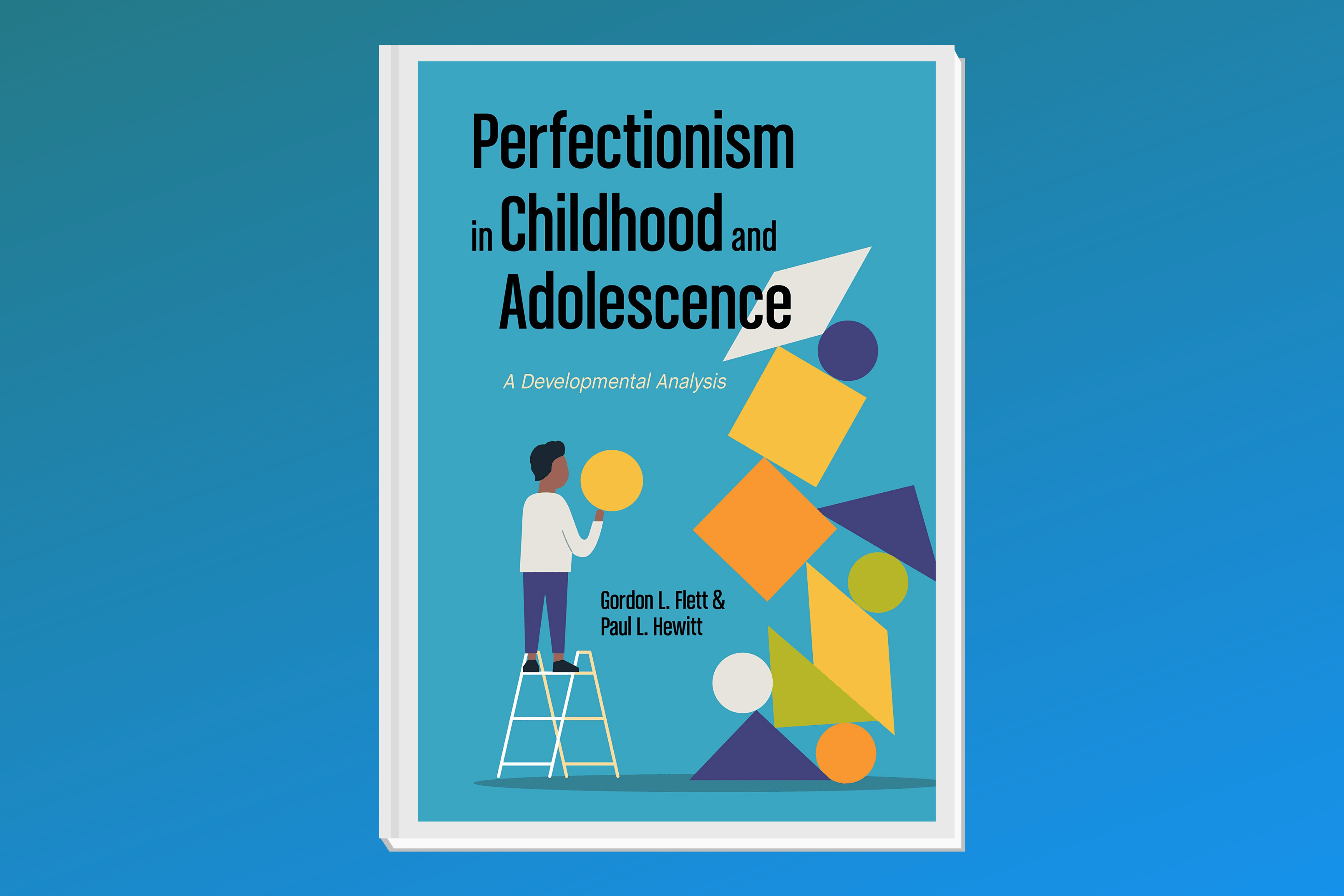Perfectionism is a trait that may seem desirable, but can it be the one thing that sets someone back?
Psychology Professor Gordon L. Flett speaks with Excalibur on his latest book, Perfectionism in Childhood and Adolescence: A Developmental Approach, co-authored with University of British Columbia professor Paul Hewitt to further investigate the essence of being, or at least trying to be, “perfect.”
“One of the definitional things about perfectionism is striving for excellence, striving for conscientiousness, where you are planful and organized — those are positive things. But when it becomes extreme, it also becomes problematic.”
Flett further explains how perfectionism may have positive aspects, but the negative side drastically outweighs it, adding that people who are perfectionistic “are overwhelmed by pressure.”
Flett explains the effect of perfectionism on students, saying “If you are trying to remember all the stuff you have to remember, and you are experiencing worry or thoughts of ‘oh I have to be perfect, I can’t make a mistake,’ it’s going to affect concentration and performance. The actual situation is that there is no solid evidence that perfectionism helps.”
“When I have students like that, I have said to them, ‘how are your relationships?’ because it might not be helping your relationships if you are having the same standards. But also asking ‘how is your health?’ Personality and health is my focus, and that includes physical health,” Flett continues.
Flett says that in the final chapter of his book is where advice or messages on dealing with perfectionism for students can mostly be found.
“First thing I tell students, you need to be aware. We talk about in the book that the first step in prevention is becoming aware there is a problem. A lot of people don’t understand that there is a downside to perfectionism. Second thing is the importance of self-compassion and self-forgiveness. People have to learn to accept themselves, not to be judging themselves too much, and realize anyone can have a bad week.
“Mostly, don’t suffer in silence. Realize that others feel the same way,” Flett wholeheartedly conveys.
When asked for input on what they believed to be the most important chapter in their book, Flett agrees that it is the one that discusses suicide.
“Unfortunately, I can go online and find another sad case, the most recent one being two to three weeks ago on the young soccer player from Stanford who took her life. There was an article about the book in The Washington Post, so she was talked about there. When you start to take on people’s problems or issues, that’s not easy — it makes you aware of what kind of problems are out there and it gives you the drive to get finished and do this stuff.”
Flett jokes that while they didn’t struggle writing the book “because they are not a perfectionist,” they say that there is a pressure to live up to expectations when you write. “The other challenge is you have to be able to do it in a way that meets the expectations of space, length, and quality. You have to make very difficult choices about what needs to be included, what can all be put together,” Flett explains.


